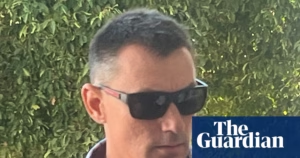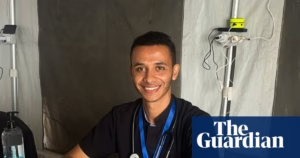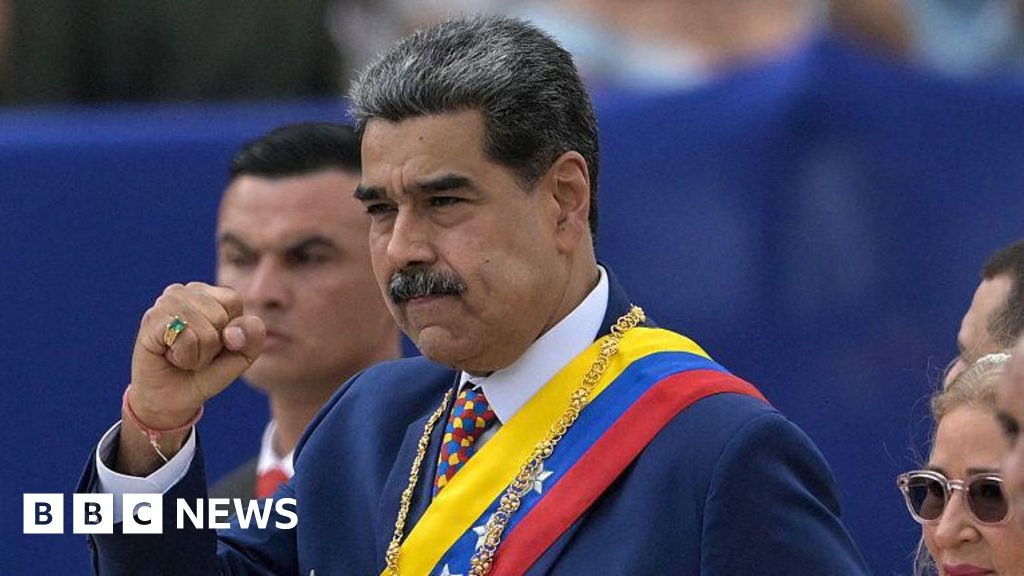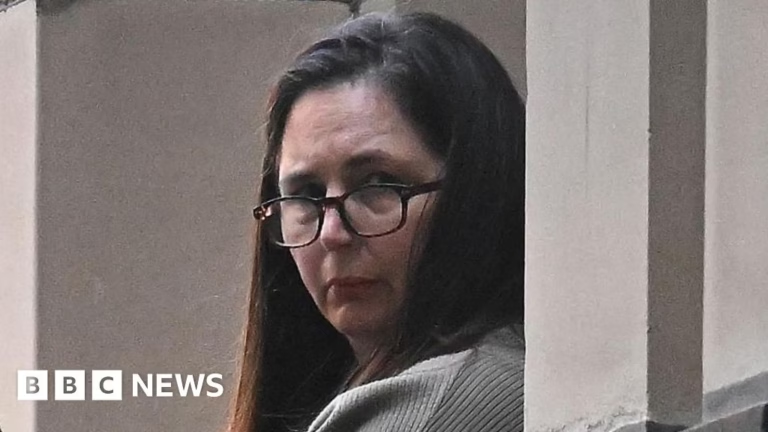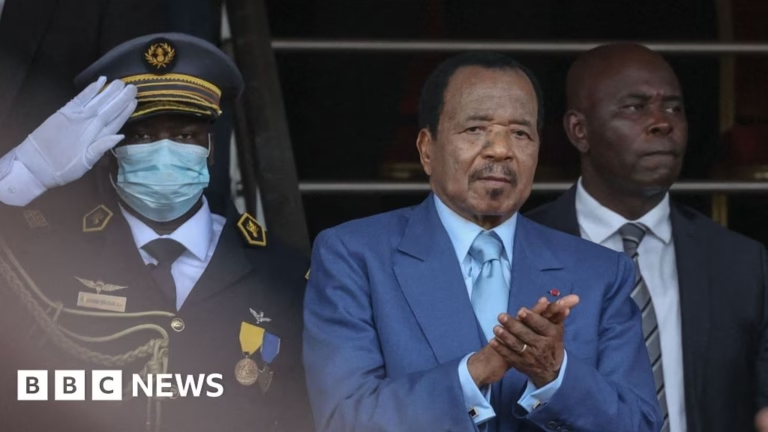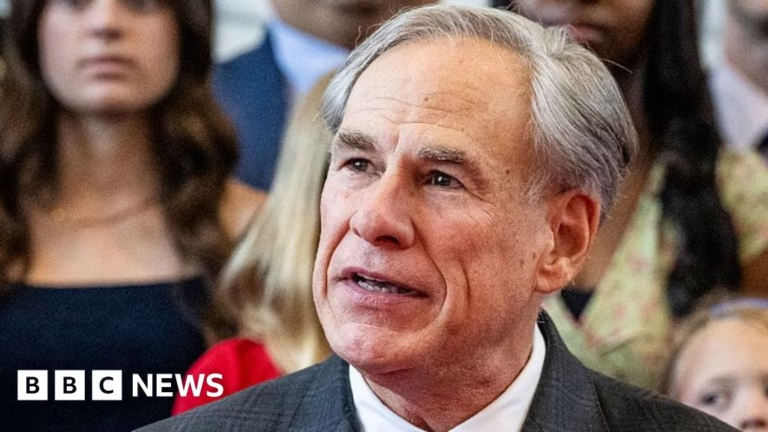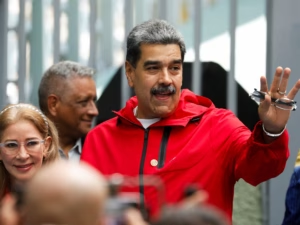The United States has increased a reward for information leading to the capture of Venezuelan President Nicolás Maduro to $50 million (£37.2m), accusing him of being “one of the world’s most significant narco-traffickers.”
US President Donald Trump has been a longtime critic of Maduro, who returned to office in January after an election marked by allegations of vote-rigging. The international community widely disputed the results.
Attorney General Pam Bondi stated that the US would double its previously announced reward of $25 million (£18.6m), and that Maduro was directly involved in drug smuggling operations.
Venezuelan Foreign Minister Yvan Gil called the new reward “pathetic” and labeled it “political propaganda.”
“We’re not surprised, coming from whom it comes from,” Gil said, accusing Bondi of attempting a “desperate distraction” from headlines related to backlash over the handling of the case of sex offender Jeffrey Epstein.
During Trump’s first term, the US government accused Maduro and other high-ranking Venezuelan officials of a range of offenses, including narco-terrorism, corruption, and drug trafficking.
The US Department of Justice claimed that Maduro worked with the Colombian rebel group Farc to “use cocaine as a weapon to ‘flood’ the United States.”
In a video posted on X on Thursday, Bondi accused Maduro of coordinating with groups like Tren de Aragua – a Venezuelan gang declared a terrorist organization by the Trump administration – and the Sinaloa Cartel, a powerful criminal network based in Mexico.
She claimed the US Drug Enforcement Administration (DEA) had “seized 30 tons of cocaine linked to Maduro and his associates, with nearly seven tons linked to Maduro himself.”
Maduro previously denied direct involvement in drug trafficking.
Bondi’s comments are an extension of ongoing tensions between the US and the Venezuelan government, but she provided no further details on how the government envisioned the renewed appeal and cash incentive would yield results.
Maduro, the leader of the United Socialist Party and successor to Hugo Chavez in 2013, has repeatedly faced accusations of suppressing opposition groups and silencing dissent in Venezuela, including by violence.
He withstood protests following last year’s contested election and retained his power.
However, in June, Hugo Carvajal, the former head of Venezuela’s military intelligence, was convicted of drug trafficking charges after being arrested in Madrid and tried in the US.
Carvajal, known as El Pollo, or The Chicken, fled Venezuela after urging the army to support an opposition candidate and overthrow Maduro.
He initially denied the drug charges but later changed his plea to guilty, leading to speculation that he had struck a deal with US authorities for a reduced sentence in exchange for incriminating information about Maduro.
The UK and EU imposed sanctions on Maduro’s government following his return to office earlier this year.
Source: https://www.bbc.com/news/articles/cwy1wn1x521o?at_medium=RSS&at_campaign=rss
